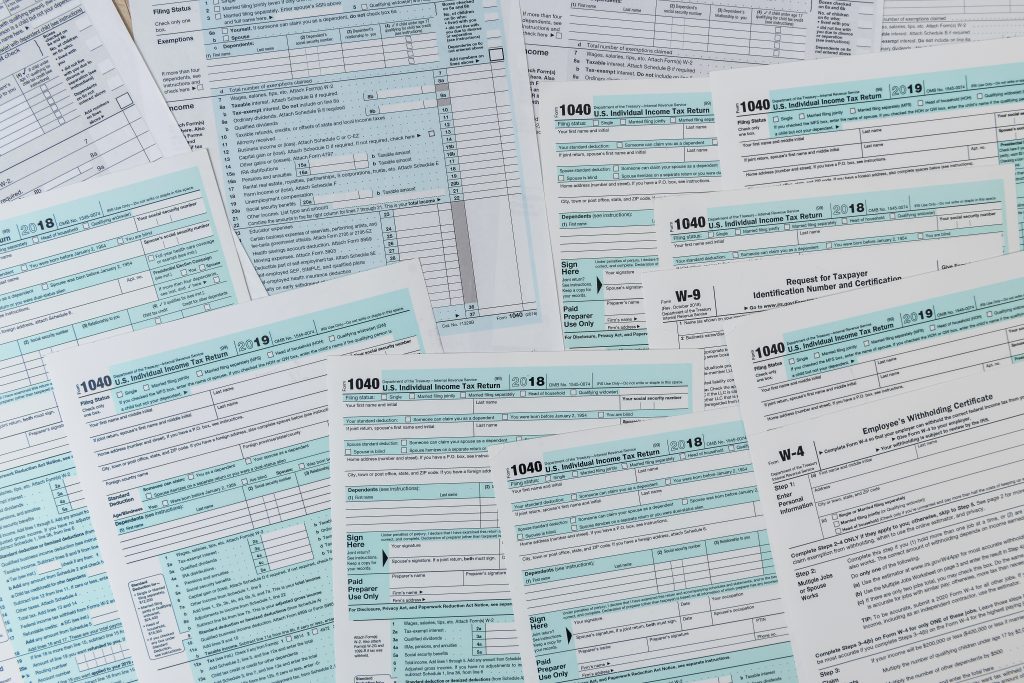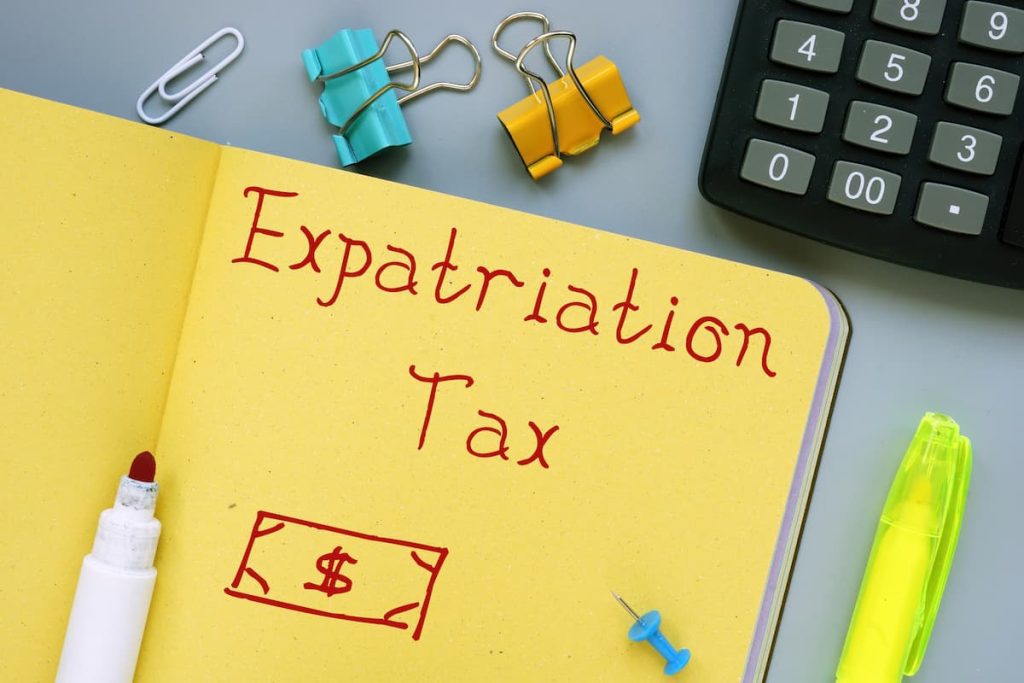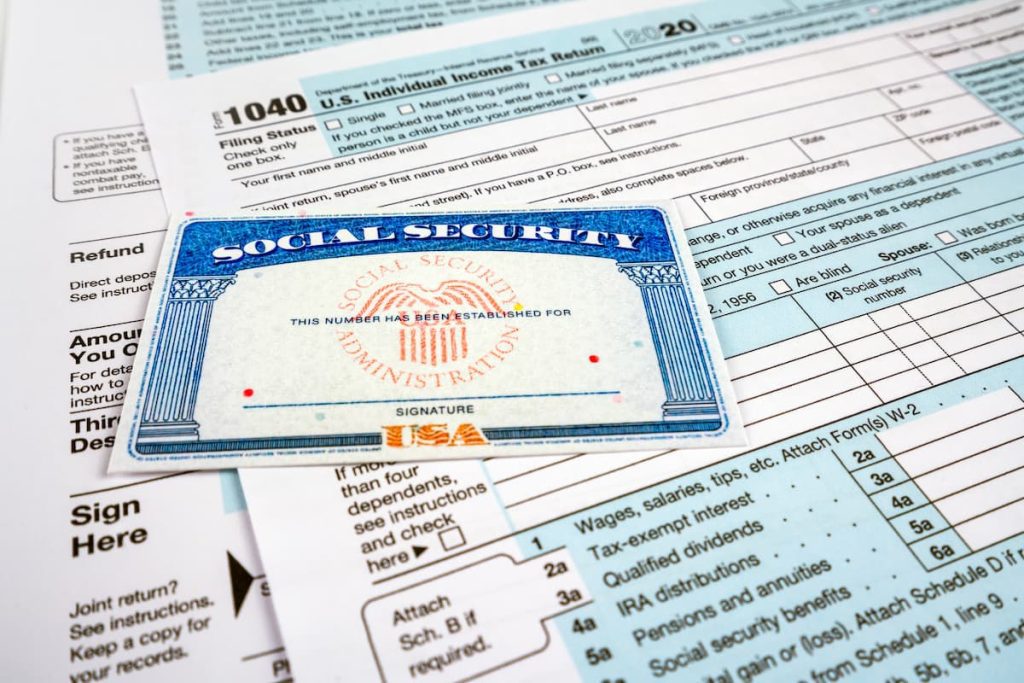
In recent years, there has been a notable trend among expatriate taxpayers who are choosing to renounce their citizenship as a means to navigate the complex world of international taxation. Renunciation is a significant decision with far-reaching consequences, and its increasing popularity raises important questions about the challenges faced by expats and the impact of global tax regulations. In this blog, we will delve into the reasons behind this growing trend and examine the implications it has for expatriates worldwide.
Understanding the Complexities of Expatriate Taxation:
Expatriate taxation is an intricate field that involves the application of tax laws from multiple jurisdictions. Expats often find themselves caught in the web of overlapping tax regulations, reporting requirements, and compliance obligations. The growing trend in renunciation can be seen as a response to the burden imposed on individuals navigating these complexities.
The Rise of Global Tax Reporting Initiatives:
In recent years, governments around the world have been collaborating to crack down on tax evasion and promote transparency. Initiatives such as the Foreign Account Tax Compliance Act (FATCA) and the Common Reporting Standard (CRS) have significantly increased reporting requirements for expatriates. These initiatives aim to ensure that citizens are paying taxes on their worldwide income, regardless of their residence.
Challenges Faced by Expatriate Taxpayers:
Expatriate taxpayers encounter a range of challenges, including complex tax forms, the need to file multiple returns, and potential double taxation. Additionally, the cost of complying with ever-changing regulations and the need for professional assistance further strain expats’ financial resources. For some individuals, the administrative burden and costs associated with expatriate taxation become overwhelming, leading them to consider renunciation.
Tax Incentives Offered by Certain Countries:
Several countries, such as the United States, have a citizenship-based taxation system rather than a residence-based system. This means that even if an individual lives abroad, they are still subject to U.S. taxes. The burden of complying with such systems can be a strong motivator for expatriates to renounce their citizenship, especially when they have limited ties to their home country.
Considerations Before Renunciation:
Before making the decision to renounce citizenship, individuals should carefully weigh the pros and cons. Renunciation has far-reaching consequences, including potential limitations on travel, loss of access to certain government benefits, and reduced mobility in terms of residency options. Consulting with us is crucial to fully understand the implications and explore alternative solutions.
The Broader Impact:
The growing trend of renunciation among expatriate taxpayers has wider implications for countries worldwide. Governments may need to reconsider their tax policies to retain citizens and attract global talent. Moreover, the loss of tax revenue resulting from renunciations could potentially impact public services and funding. Governments may need to strike a delicate balance between tax enforcement and creating an environment that encourages taxpayers to remain compliant.
Don’t Fret About Tax Compliance! We’ve Got Your Back!:
Don’t fret! If you are concerned about your expatriate taxes, visit our contact page to connect with a Tax Agent. Don’t let tax implications stress you out. Instead of renouncing your US citizenship, book an appointment with us. You will have support and feel compliant about your tax status. We are always excited to help our valued customers and look forward to getting you tax compliant.









